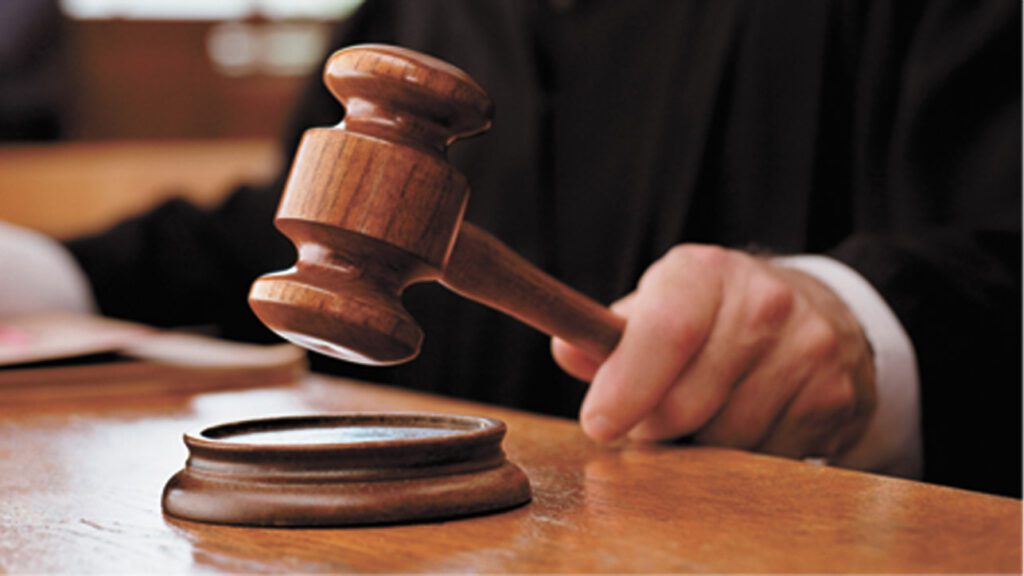By James W. Mallonee


While it is true that an entire residence cannot be rented out and continue to enjoy its homestead protection; there is nothing in the constitution stating that portions of the homestead property can’t. The question before the court was whether a decedent’s four-bedroom homestead property would continue to remain exempted from creditor claims if three of the four bedrooms were rented out. The court determined that the entire property could continue to remain exempt from creditor claims.
In this case the owner rented three of the four bedrooms to separate tenants. The owner lived in the fourth bedroom while collecting rent from the other three persons. The owner of the property subsequently died and at death the decedent had racked up $38,551 dollars in judgment liens. The judgment creditor filed their lien in the estate proceedings and was attempting to collect on the liens from the sale of the residential property. The argument for exemption ensued by the heirs with the creditor claiming that at least 75% of the residence (the three bedrooms out of four) did not qualify for the exemption. The trial court agreed with the creditor and the case was appealed to the Second District Court of Appeal for review.
In its analysis, the Second District Court of Appeal turned to the 1992 case of First Leasing & Funding of Florida, Inc. v. Fiedler, which analyzed similar facts as the present case; but, in Fiedler, the property in question was a triplex and not a single-family dwelling. The Court’s analysis involved if a fractional portion of a decedent’s homestead is rented out, would the decedent lose their homestead protection to the entire property. The court also analyzed whether a decedent’s homestead protection could be severed from the remainder (allowing for a fractional exemption).
After reviewing the Fiedler case, the Court reasoned that a homestead property cannot be severed by renting out a fractional number of bedrooms without destroying its utility as a single-family dwelling. As stated before, the Fiedler case involved a triplex property where each tenant had their own functioning unit. The difference is that duplex or triplex properties are fully functioning residences versus a single family dwelling as one functioning unit. It did not matter that it involved one roof. The Fiedler court reasoned that the homestead protection did not apply except for the decedent’s property because it was a triplex. In this case, the residence is not a duplex with separate functioning units, but is a single residence all under one roof.
The message to be learned is that a person’s homestead property may be rented out as long as the rented portions are not standalone and fully functional like a duplex unit. Therefore, the Court is saying to its citizens, that if you are stretched for cash, you could rent out portions of your single-family residential homestead (bedrooms) to any person and continue to enjoy the guaranteed protection from creditor claims under Article X, Section 4 of Florida’s Constitution. This is good news for those persons who may need additional income to survive during this Covid-19 pandemic period.
If you are considering renting out rooms connected to your primary residence, contact the attorney of your choice and discuss whether or not your residence will continue to enjoy its exemption from creditor claims. Doing so may give you the green light to collect additional income while enjoying creditor protection; but remember, you must continue to intend to reside in at least one of the bedrooms.
This article is intended for informational use only and is not for purposes of providing legal advice or association of a lawyer – client relationship.
James W. Mallonee (Jim Mallonee) is a graduate with a B.A. degree from the University of South Florida and a Master of Science degree from Rollins College in Winter Park, Florida. He obtained his Juris Doctorate from the University of the Pacific, McGeorge School of Law in Sacramento, California. Prior to returning to Florida to practice law, Mr. Mallonee was employed by Intel Corporation for 22 years in such locations as New Jersey, Florida and California.
In addition to being a member of the Florida Bar since 2003, Mr. Mallonee serves on the Charlotte Community Foundation Committee for asset allocation and teaches Business Law at State College of Florida. Mr. Mallonee is also on the Board of Directors for the Military Heritage Museum located in Charlotte County, Florida.
His firm practices law in the following areas: Probate, Wills & Trusts, Guardianships, and Litigation in the areas of Real Estate, Guardianships and Estates. The firm has two locations in Venice and Port Charlotte, Florida.
James W. Mallonee, P.A.
946 Tamiami Trail, #206
Port Charlotte, FL 33953
(941) 206-2223
Facsimile (941) 206-2224
871 Venetia Bay Blvd., #225
Venice, FL 34285
(941) 207-2223
 Southwest Florida's Health and Wellness Magazine Health and Wellness Articles
Southwest Florida's Health and Wellness Magazine Health and Wellness Articles

